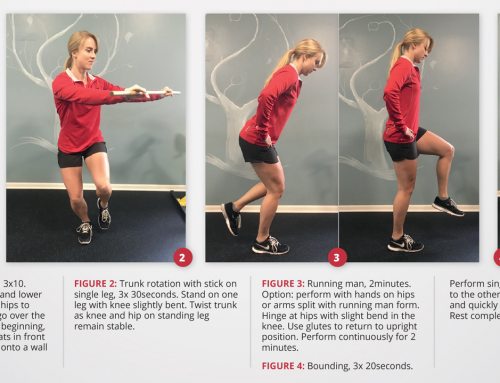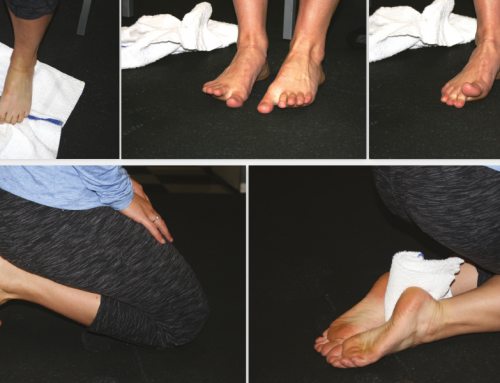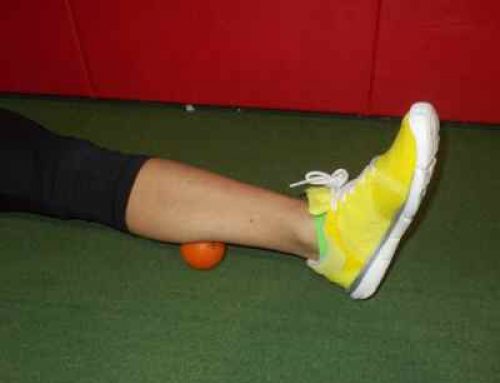By Carolinas HealthCare
Beginning a marathon-training program is not as easy as lacing up your running shoes and walking out the door. “First you should get fitted with good shoes,” says David Price, M.D., of Sports Medicine & Injury Care at Carolinas HealthCare System. “Don’t just use an off-the-shelf shoe; find a store that will properly fit you based on your running form and foot type.”
Common Running Injuries
Runners can be plagued with a variety of injuries; however, the knees and feet are especially prone to problems. The most common injuries that occur due to lack of proper training include:
- Patellofemoral stress syndrome – also known as Runner’s knee, it is the most common running injury that affects the kneecap (patella).
- Iliotibial (IT) band syndrome – an overuse injury that occurs when a tendon rubs against the knee.
- Plantar fasciitis – involves pain and inflammation of a thick band of tissue, called the plantas facia, that runs across the bottom of the foot and connects the heel bone to the toes. It is one of the most common causes of heel pain.
- Achilles tendonitis – pain or tenderness of the tendon in the calf muscle or above the heel.
Other common injuries include shin splints, stress fractures and pulled hamstrings.
Avoid Injury While Training
Price recommends building a solid running base. “Get your body used to running,” he says. “Add only 10 percent of total mileage per week and make sure to follow a certified training program that is safe for you.”
Following the 10-percent rule when beginning a training regime can help you avoid injuries caused by overtraining. The 10-percent rule is to simply add 10 percent more mileage every week to your running routine. For example, if you ran 10 miles one week, the next week you’d increase the distance to 11 miles.
Once you’re in the heart of training season, it’s important to keep the potential for injuries in mind and train right to avoid them. Other than running, Price recommends adding cross-training workouts to strengthen your core, lower back and hips.
# # #
Let the experts of Sports Medicine & Injury help you get started on your marathon goal. To schedule an appointment with a board-certified physician at one of our eight locations, call 704-863-HURT or visit CarolinasHealthCare.org/sports-care. Next-day appointment scheduling is available.






